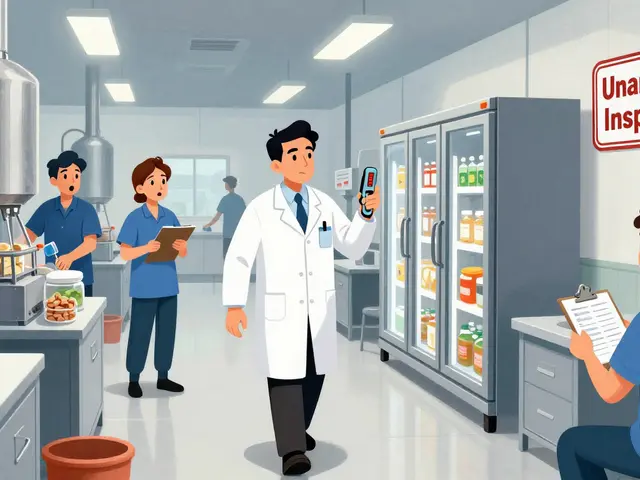Heartburn: What It Feels Like and How to Fix It
That burning feeling behind your breastbone after a big meal? That’s heartburn. It happens when acid from your stomach backs up into your esophagus. Most people get it now and then. The good news: simple changes and over-the-counter options often help fast.
Common causes and triggers
Heartburn appears when the lower esophageal sphincter (LES) lets stomach acid slip up. Triggering things include spicy or fatty foods, chocolate, caffeine, alcohol, citrus, tomato-based foods, and big late-night meals. Extra weight and pregnancy raise pressure on the stomach, making reflux more likely. Some meds—like NSAIDs, nitrates, and certain blood pressure drugs—can also make heartburn worse.
A hiatal hernia or long-term reflux (GERD) can cause more frequent or severe symptoms. If your heartburn comes with chest pain that spreads to your arm, jaw, or causes shortness of breath, treat it as an emergency—those could be signs of a heart attack.
Quick relief you can try now
For immediate comfort, chewable antacids (Tums, Rolaids) neutralize acid and usually work within minutes. Sip a glass of water or chew sugar-free gum to increase saliva and clear acid. H2 blockers like famotidine reduce acid for several hours, and proton pump inhibitors (PPIs) such as omeprazole reduce acid longer but take a day or two to reach full effect.
Small practical fixes help too: eat smaller meals, avoid lying down for two to three hours after eating, raise the head of your bed 6–8 inches, and skip tight belts or waistbands. If you smoke, quitting reduces reflux episodes. Losing even a few pounds often cuts symptoms noticeably.
If you’re pregnant, try lifestyle fixes and antacids first. Many over-the-counter antacids are considered safe in pregnancy, but check with your provider before starting any regular medication.
See a doctor if heartburn happens more than twice a week, doesn’t improve with OTC meds, or comes with warning signs: trouble swallowing, unintentional weight loss, vomiting, black stools, or vomiting blood. Your doctor may recommend prescription PPIs, an endoscopy to look for damage, or tests like pH monitoring. For severe GERD that doesn’t respond to medicine, surgical options or devices like LINX can help.
Heartburn is common and usually manageable. Start with triggers, meal and sleep changes, and simple OTC options. If those don’t work or symptoms worry you, talk to a clinician—especially when alarm signs appear.

Heartburn and Gallstones: The Surprising Link You Need to Know About
Many people experience heartburn and wonder if their diet is to blame. But there's another factor that might be at play: gallstones. This article explores how your gallbladder could be contributing to that burning sensation. We'll dive into the connection between heartburn and gallstones, debunk myths, and offer practical tips to help you manage both conditions. Stay informed and discover how tweaking your lifestyle could ease the discomfort.
read more




